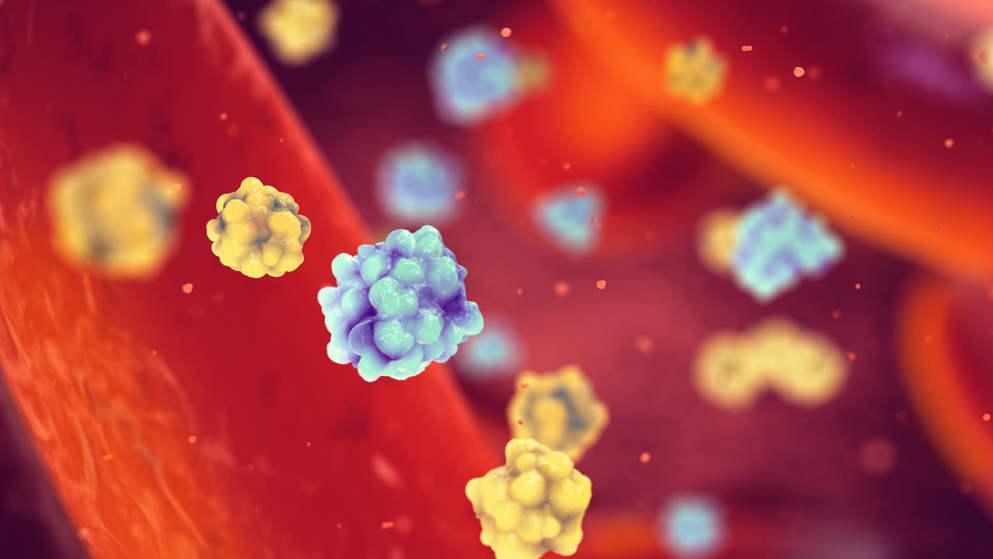
Farxiga (dapagliflozin) approved in the US for the treatment of paediatric type-2 diabetes
AstraZeneca’s Farxiga (dapagliflozin) has been approved by the FDA to improve glycaemic control in paediatric patients with type-2 diabetes (T2D) aged 10 years and older
The FDA approval was based on positive results from the paediatric T2NOW Phase III trial. Farxiga was previously approved in the US in adults with T2D as an adjunct to diet and exercise to improve glycaemic control.
Ruud Dobber, Executive Vice President, BioPharmaceuticals Business Unit, AstraZeneca, said: “The prevalence of type-2 diabetes continues to rise in children and adolescents, yet oral treatment options have remained limited for this population. Today’s approval represents an important milestone for paediatric patients living with type-2 diabetes in the US, extending this medicine’s potential benefits to even more patients facing high unmet needs and reinforcing AstraZeneca’s commitment to delivering innovative treatments across cardiovascular, renal and metabolic diseases.”
T2D is a chronic disease affecting people of all ages. The incidence and prevalence of T2D in children and adolescents are increasing globally. In the US, there are nearly 30,000 patients under 20 living with T2D with 5,300 new cases diagnosed each year, according to the US Centers for Disease Control and Prevention and recent research. Younger patients often experience earlier onset of complications and faster advancement of disease compared to adults with the same condition.
Data from the T2NOW Phase III trial, published in The New England Journal of Medicine Evidence, demonstrated a significant reduction in A1C, a marker of average blood sugar, for patients treated with Farxiga compared to patients receiving placebo. Adjusted mean change in A1C was -0.62% for Farxiga versus +0.41% for placebo, a difference of -1.03% (95% CI: -1.57-0.49; p<0.001). statistical significance was achieved in the primary endpoint and in all secondary endpoints versus placebo at week 26, demonstrating farxiga can provide clinically meaningful improvements in glycaemia for children and adolescents with t2d. the safety results in this patient population were consistent with those in adults with t2d, in line with the well-characterised safety profile for farxiga.
Farxiga, a first-in-class, oral, once-daily sodium-glucose cotransporter 2 (SGLT2) inhibitor, was approved in 126 countries, including the EU (marketed under the brand name Forxiga), as an adjunct to diet and exercise to improve glycaemic control in adults with T2D. Forxiga is also approved for paediatric patients aged 10 years and above with T2D in 56 countries, including the EU and other regions, based on results from the T2GO Phase III clinical trial.
See- "Dapagliflozin or Saxagliptin in Pediatric Type 2 Diabetes: Authors: Naim Shehadeh, M.D., Timothy Barrett, Ph.D., Pietro Galassetti, M.D., Cecilia Karlsson, M.D., John Monyak, Ph.D., Nayyar Iqbal, M.D., and William V. Tamborlane, M.D. william.tamborlane@yale.edu, for the T2NOW Study Group*Author. Published October 4, 2023/ NEJM Evid 2023;2(12) DOI: 10.1056/EVIDoa2300210. VOL. 2 NO. 12.

